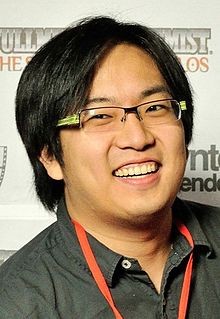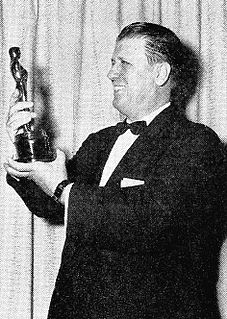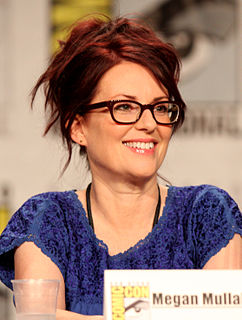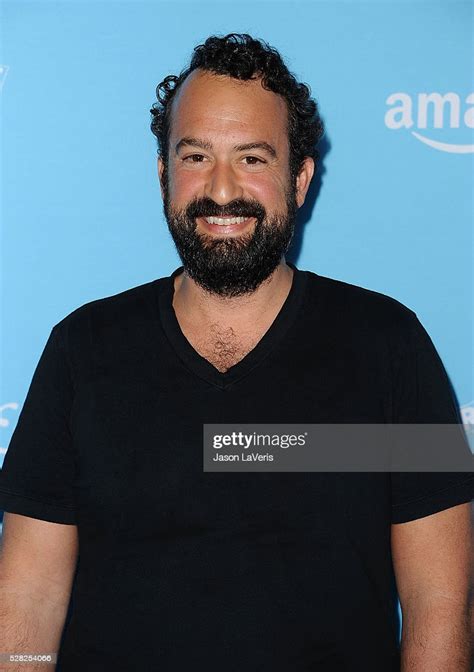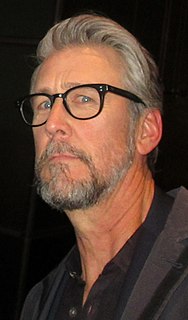A Quote by Freddie Wong
Film gives us the luxury of deciding where the viewpoint of the audience is, and by knowing that, we can very effectively design around what is actually seen on camera.
Related Quotes
You know, in an ideal world, people would just be intrigued and go and see a film without knowing anything about it, because that's where you're going to have the most experience of a film, the biggest, the most revelation of a film. But at the same time, I think there are benefits of having seen a trailer where you actually look forward to seeing moments in a film knowing that they're coming up. I don't know which is better.
Most people assume because I'm an actor that's all I know about and care about, I'm actually a camera geek and a film geek. I grew up making short films the same time I was acting. For me, it's a motion picture, not a play. I'm just as interested in what the camera department is doing and world building through costume design and production design as I am in acting. I think all good directors do that whether they're an actor or not.
I've been working in Hollywood for a long time now in many different aspects in front of the camera, behind the camera, and I've worked with top executives, presidents of networks. I've worked all around. I see energy and what's around these studios and a lot of these offices. You don't get the high positions in these companies if you don't take advantage of other people in some way. I've seen that around. I've seen that around the studios, whether it's producers or whoever. Egos are there. Greed.
I actually think film and TV are sort of the same thing now. To me they're all motion pictures. There's a camera, a script, other actors and a director. Doing a sitcom is a little different. It's kind of a hybrid, half movie, half play, presented in a proscenium fashion - the camera's on one side of the line, the set on the other, the audience sitting behind the cameras.
I think that even though The German Doctor (Wakolda) is placed in a historical context , it is a very intimate story. The film has been extremely well received around the world. It keeps on going around, opening in different markets, and connecting with the audience. In Argentina it was seen by over 450, 000 spectators, which is way more than anything we could have imagined.
You can put the camera in places where you may not necessarily be able to put it there if I don't do the stunt. If it's character and it's storytelling, then we do it. We design the things around me. I don't do it just to do a stunt. It's storytelling for me and how I can best bring the audience into the action, bring the audience into the story. And that's how we always look at at.
It's very important that a film that intends to play tricks on the audience... has to play fair with the audience. For me, any time you're going to have a reveal in the film, it's essential that it have been shown to the audience as much as possible. What that means is that some people are going to figure it out very early on. Other people not til the end. Everybody watches the film differently.
